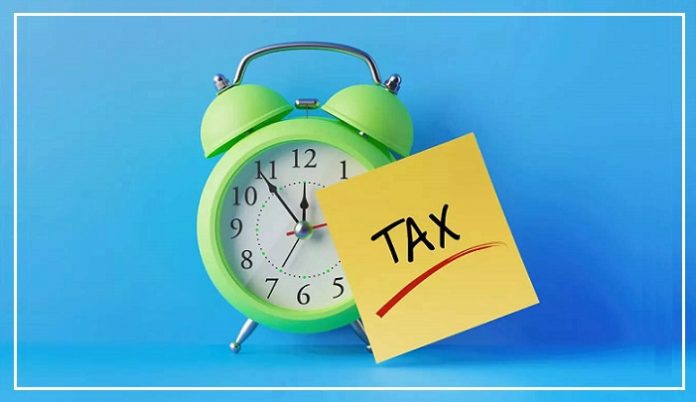As the deadline for filing income tax returns for the financial year 2022-23 approaches (31 July 2023), salaried individuals are advised to start preparing their ITRs.
It is crucial to pre-validate a bank account while filing the income tax return, especially if a refund is expected due to excess tax paid.
Failure to do so will result in the Income Tax Department being unable to credit the refund amount.
Form 16, an essential document for salaried individuals, serves as an annual certificate issued by the company and is required for ITR filing.
E-pay tax service now offers the option of DCB Bank for over-the-counter and net banking transactions.
This addition expands the list of banks available on the e-pay tax service to a total of 25, facilitating convenient tax payments.
List of banks available for tax payment:
- Axis Bank
- Bank of Baroda
- Bank of India
- Bank of Maharashtra
- Canara Bank
- Central Bank of India
- City Union Bank
- DCB Bank
- Federal Bank
- HDFC Bank
- ICICI Bank
- IDBI Bank
- Indian Bank
- Indian Overseas Bank
- IndusInd Bank
- Jammu and Kashmir Bank
- Karur Vysya Bank
- Kotak Mahindra Bank
- Punjab National Bank
- Punjab & Sind Bank
- RBL Bank
- State Bank of India
- South Indian Bank
- UCO Bank
- Union Bank
Careful ITR Filing:
Taxpayers should exercise caution while filing their ITRs and avoid common mistakes such as failing to verify their returns or selecting the wrong assessment year.
Forgetting to verify the ITR is a frequent error, often realized only upon receiving a notice from the Income Tax Department.
Rectifying this mistake can be time-consuming and costly. Currently, taxpayers have 30 days after submitting the ITR form to verify it.
Additionally, it is important to differentiate between the assessment year and the financial year to ensure accurate filing.
Remember that the assessment year always follows the financial year, so select Assessment Year 2023-24 for the current tax filing.
